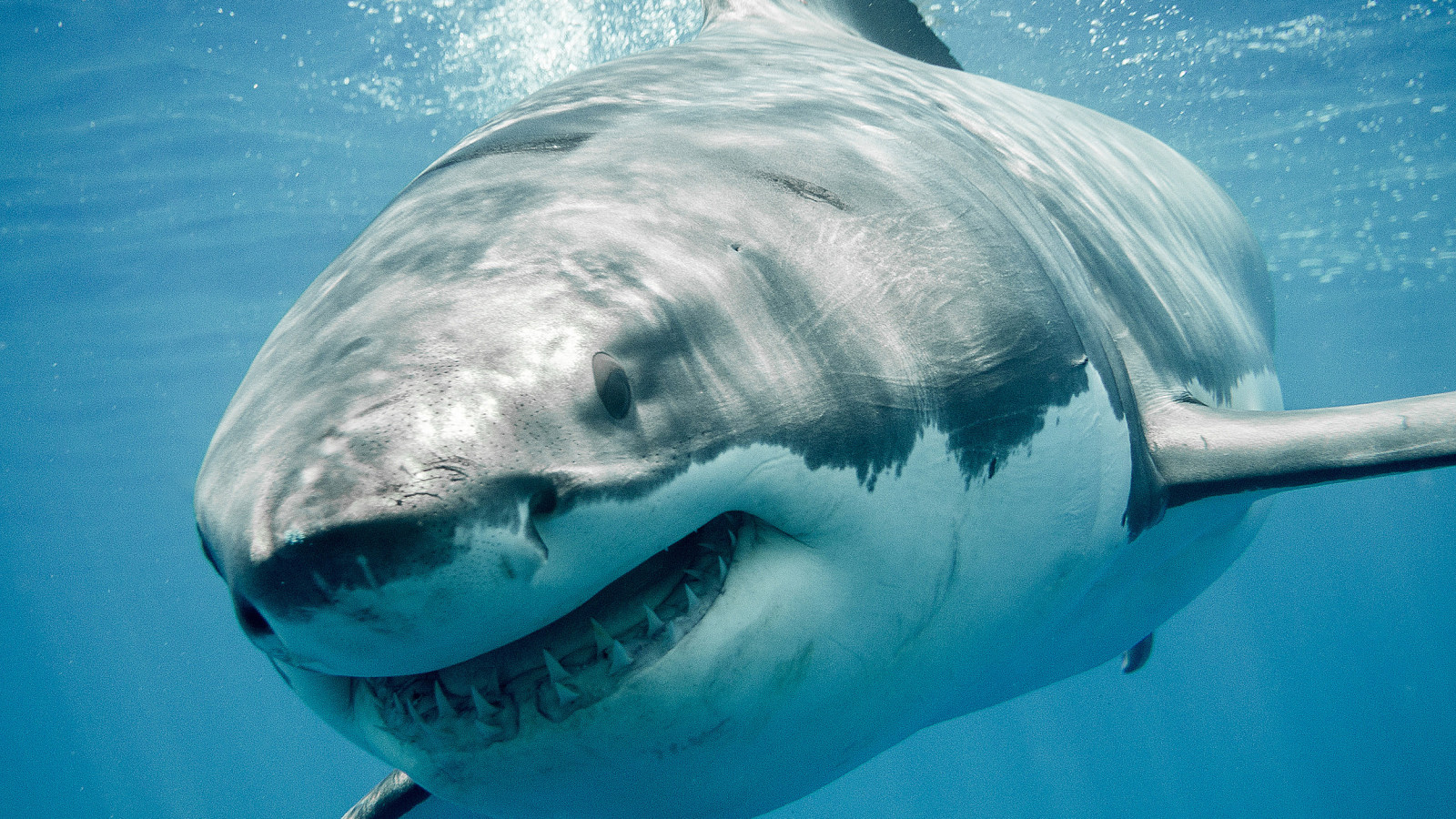Great White Shark Has Its Own Nemesis – Another Sea Creature Scares The Fiercest Predator Of The Oceans

Most people would view the great white shark as an apex predator which hunts without fear. New research suggests that even these fearsome creatures are afraid of a sea creature which is more dangerous than them.
A team of marine researchers has discovered that great white sharks (which are known under the scientific name of Carcharodon carcharias) tend to disappear when they perceive the presence of orcas. When great white sharks believe that an orca is near, it will leave its favorite hunting grounds, and they won’t return for up to one year.
During the study, the team employed two primary sources of information: GPS data from several 165 sharks which were tagged during 2006 and 2013 and over 27 years of research related to orcas and offered by the Point Blue Conservation Science which can be found near the southern area of the Farallon Island, San Francisco.
Another Sea Creature Scares The Great White Shark
Another source of information came in the form of data collected from four encounters between great white sharks and orcas. The clashes took place in the Greater Farallones National Marine Sanctuary, and the position made them relevant for the study as the researchers can have the option to compare the information with existing data.
The results were quite impressive. Whenever orcas appeared in the area, the great white sharks rushed to a different zone until the next season came. They vanished within minutes, even if the orcas didn’t stay in the area for more than one hour.
The elephant seals which live near the coastline benefited from the phenomena since they a common prey for great white sharks. It estimated that almost 40 elephant seals predation events took place during each season. The incidents stopped after the orcas appear and there were no more kills until the next season. In some cases, the sharks traveled to a safer area near the coast while in others, they left for the middle of the Pacific Ocean. The study was published in a scientific journal.
0 comments